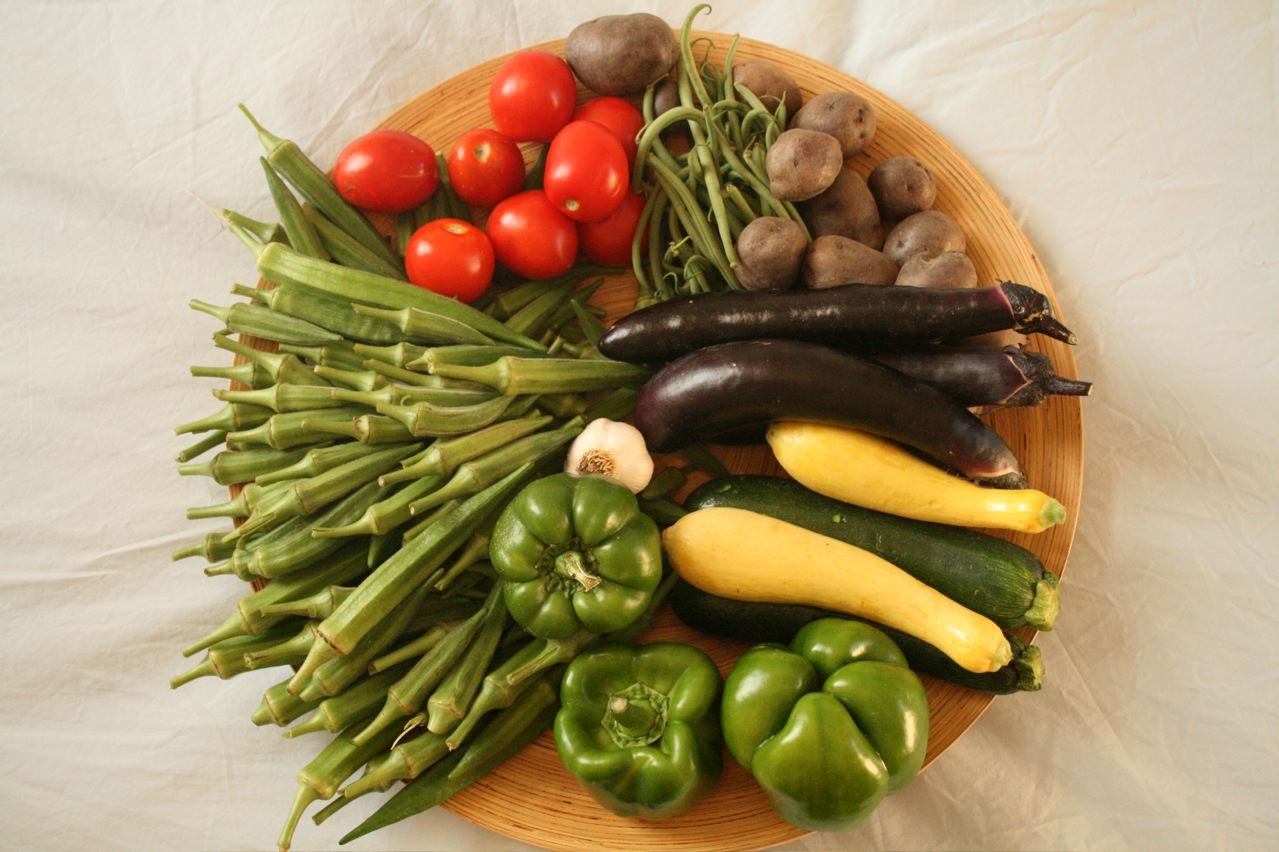
The Moral Imperatives of Community Food: A 21st-Century Civic Duty
More and more as the years go by, clean community food initiatives – co-ops, CSAs, farmers markets and the like – are recognized as critical moral responses to the daunting environmental, economic and health crises of our era. Community farm and food initiatives have emerged as a necessary, noble, and common-sense civic opportunities in our 21st Century with all its technical gyrations, climate shifts, contaminated environments, and social dislocations. Plain and simple, they are intelligent and necessary responses to reality.
September 1, 2015 | Source: Mother Earth News | by Steven McFadden
More and more as the years go by, clean community food initiatives – co-ops, CSAs, farmers markets and the like – are recognized as critical moral responses to the daunting environmental, economic and health crises of our era. Community farm and food initiatives have emerged as a necessary, noble, and common-sense civic opportunities in our 21st Century with all its technical gyrations, climate shifts, contaminated environments, and social dislocations. Plain and simple, they are intelligent and necessary responses to reality.
This reality has just been validated and underscored by a new study from the University of Iowa (UI). According to the study, people are buying their food from community sources at record numbers because they enjoy knowing who grows their food, and because those markets are embedded in social networks characterized by trust, and governed by common understandings about the state of the world, the economy and the environment.
Sociologists have long recognized that markets are embedded in various types of exchanges that are beyond basic economics, and that also involve social, cultural and political dimensions. Nowadays, as the study documents, most people involved local food systems such as farmers markets, CSAs and co-ops see themselves as civically engaged citizens who are deeply connected to their communities.
While community food initiatives are partly motivated by cost and quality, they are also motivated by trust, authentic community connection, and proactive stances for personal and environmental health. “It’s not just about the economical exchange,” said Ion Vasi, associate professor at UI and a corresponding author of the study. “It’s a relational and ideological exchange as well.”
Clean, community food systems that are organic, biodynamic, agroecological or otherwise resilient, represent positive opportunities for people to take action to preserve their local economy against globalization and big-box stores. They build community food security. Community-minded citizens are motivated to buy and to eat sustainably grown local foods because it makes them part of something greater than themselves — a community of human beings who choose to establish healthy lifestyles and a clean, sustainable environment.
